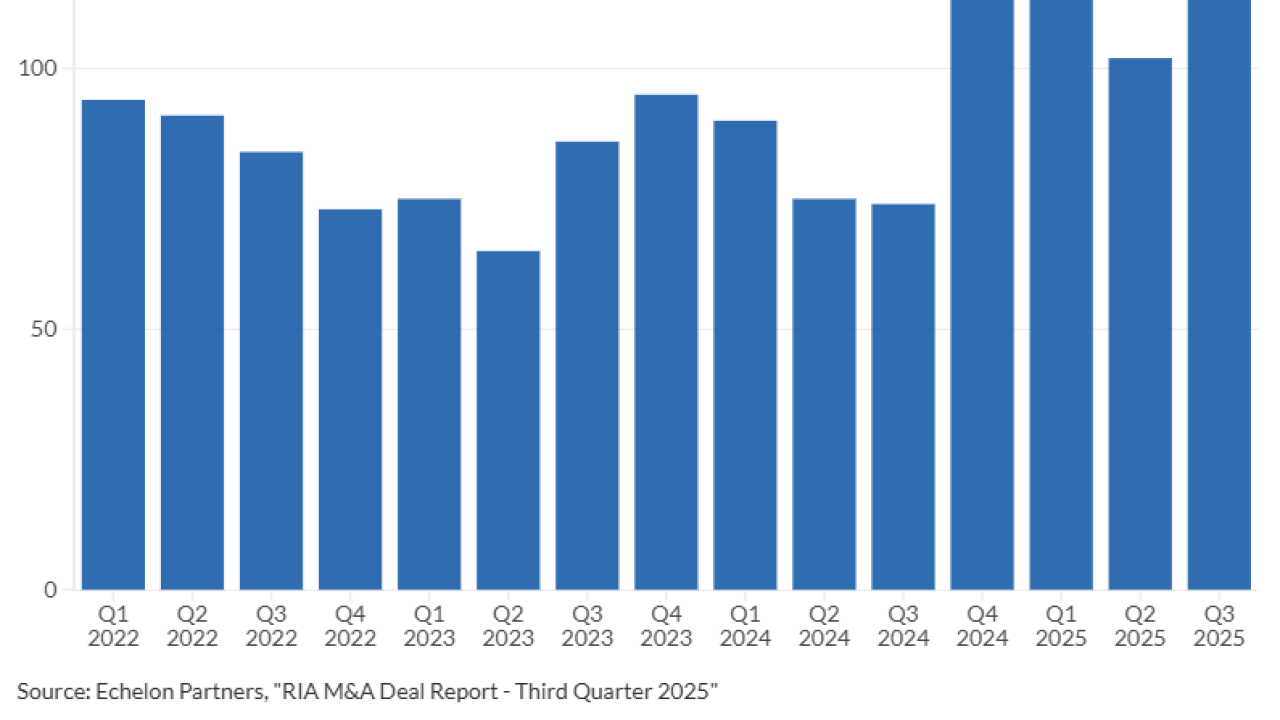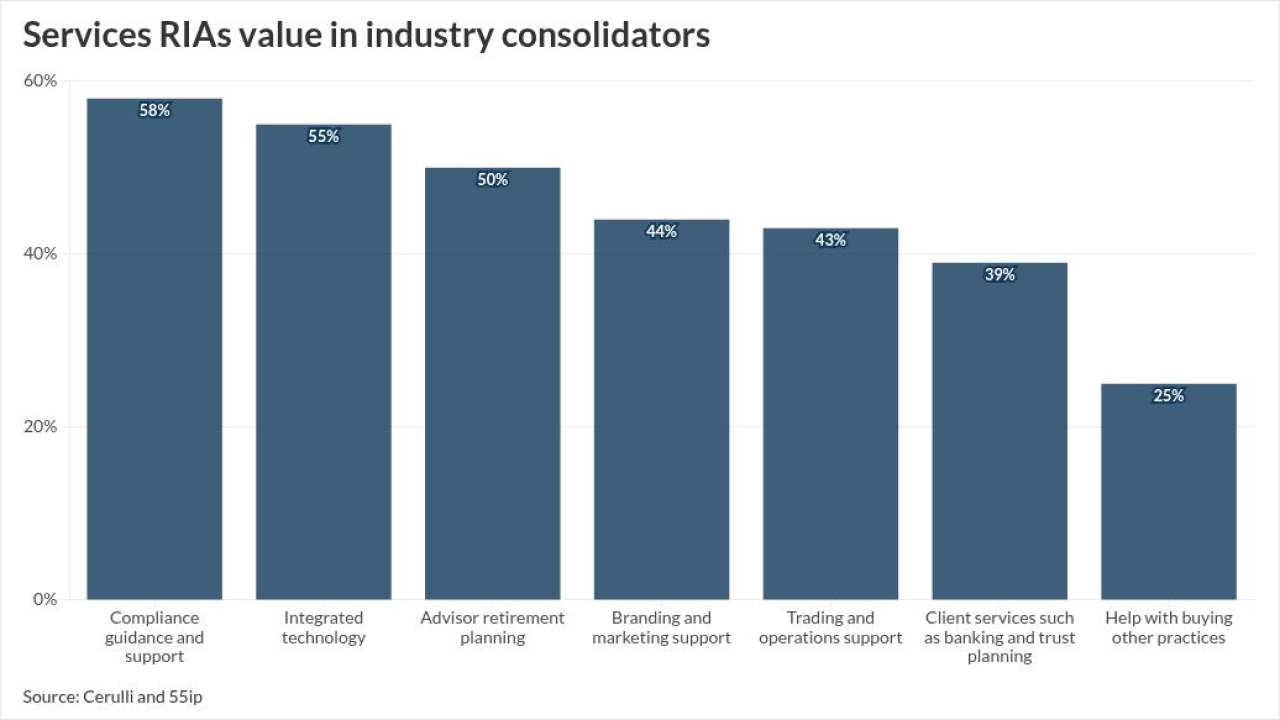Our weekly roundup of tax-related investment strategies and news your clients may be thinking about.
Although there are federal policies designed to help households own their own homes, such as the mortgage interest tax deduction, homeownership is elusive for many, an expert at the Washington Post writes. As lawmakers mull changes to the U.S. tax code, including the break on mortgage interest payments, "the mortgage deduction should be seen for what it is: A substantial government subsidy that largely benefits middle-class and wealthy homeowners," the expert writes. "In 2012, it cost the federal government $68.2 billion. Only 3% went to households earning under $50,000 a year, while 77% went to households earning more than $100,000 a year."

The congressional debate over tax reform is likely to be more intense than the clash on proposed changes to health care law, according to this CNBC article. "It's really going to be very difficult," an expert with the American Enterprise Institute says. "They're trying to do big tax cuts at the same time they've made all these promises about balancing the budget. You can be the most wonderful negotiator in the world but you can't make one plus one equal three."
-
Help could be on the way for retirement-age clients asking prickly questions about coverage options.
July 11 -
There is a tremendous opportunity to serve the unmet needs of clients in this area.
April 21 -
Firms need to deliver value differently in a changing industry, a Fidelity study found.
June 29
When tapping into multiple retirement accounts for income, seniors are advised to withdraw from both taxable and other accounts before taking distributions from their health savings account, according to Morningstar. This is to give more time for their investments in an HSA to grow, as the account offers tax-free compounded growth. Moreover, unlike taxable accounts and other tax-deferred retirement accounts, an HSA also offers tax-free withdrawals for qualified medical expenses and is not subject to required minimum distribution rules.
Tax columnists George Jones and Mark Luscombe of Wolters Kluwer put together a list of important changes from this year that will carry over into the next.
Tax efficiency is the key for seniors to avoid losing too much of their retirement savings from taxes, an investment adviser at Kiplinger writes. "The key is tax-bracket control, which, for most retirees, means staying within the 15% tax bracket for the rest of their lives," the expert writes. "Of course, effective tax planning must start with your first year of retirement, so don’t immediately assume your tax plan is perfect if you fail to fill the entire 15% tax bracket in your early retirement years."
Homeowners who need to tap into their home equity have the option of applying for a loan or a home equity line of credit, according to this Huffington Post article. A home equity loan enables these clients to receive a one-time lump sum payout with a fixed repayment terms, while a home equity line of credit consists of payouts with a variable rate spread over a certain period. Homeowners could qualify to up to $100,000 in tax deductions on home equity loan interest payments.






